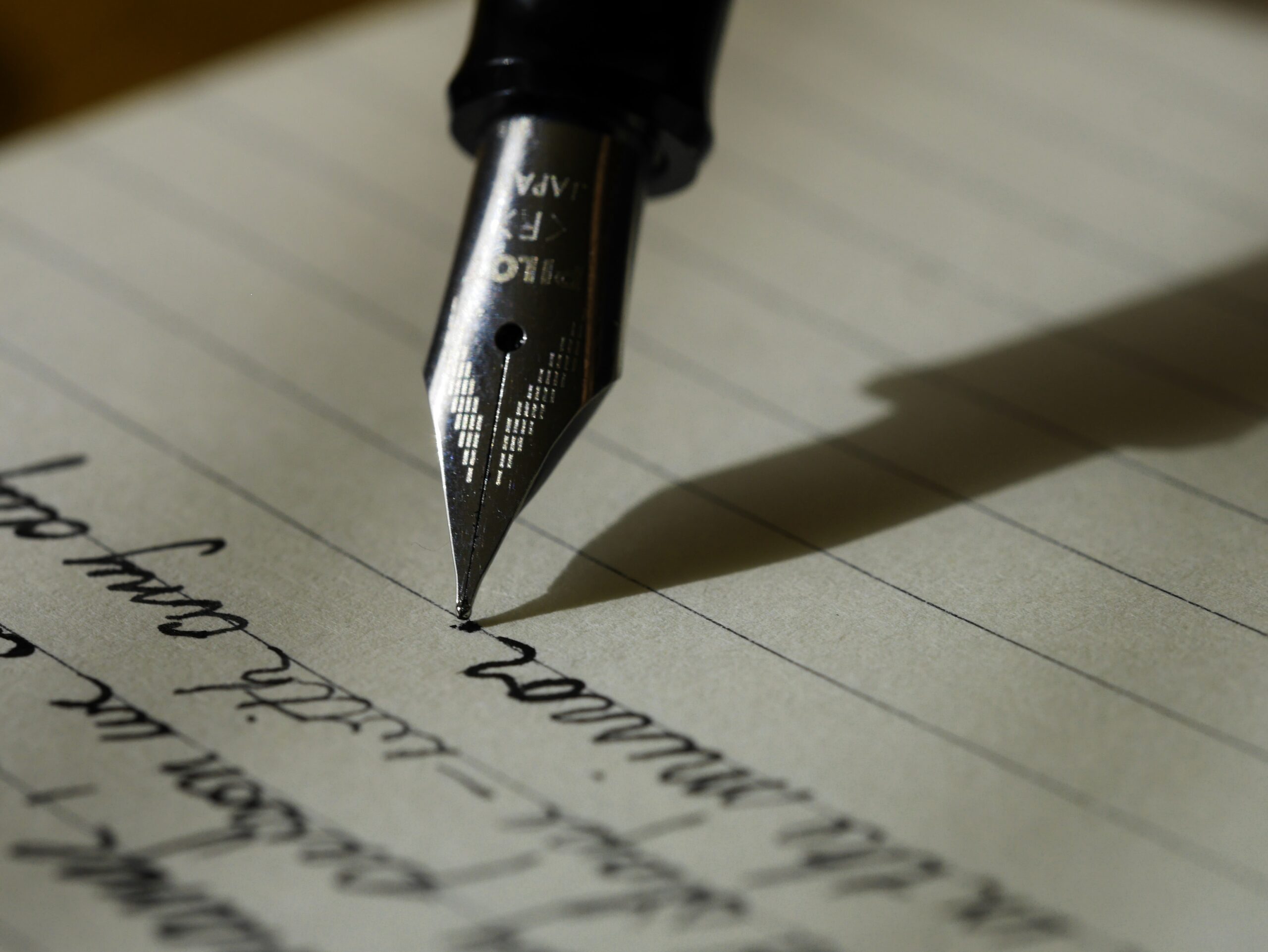
06 Oct Why We Write
People are mystified and intrigued with writers. When someone asks what I do I say I’m a writer, the light in their eyes changes.
And then, because I have boobs, they ask if I write romance or children’s stories.
“No,” I say, eyes narrowing. “I write about demons. The fall of mankind. And dead people.”
They usually back away slowly.
Every now and then someone will say to me, “I wish I could write, but I’m not creative.”
“Really?” I say. “Do you cook? Sing? Dance? Garden? Make up stories for your kids? Take pictures? Architect buildings? Play music? Make YouTube videos? Design hair, spaces, act, concoct ad campaigns or science projects, or like to decorate?”
The thought that any of us is not creative is, in a word, untrue. We were born to express ourselves. In rage. In joy. It’s a divine expression of our humanity, our experience, a thing that says, “I lived. This is me. I was here.” Early man wrote on cave walls. Invented tools, erected stone structures with passionate precision we’d be hard-pressed to emulate today with modern tools. Passed oral stories and traditions down without benefit of recording devices, relying on only memory and the pressing need to define existence, a place in this world.
Creativity is as old as the human record.
The problem is that we are largely suspect of expression. Of own humanity. Of its source. We’re frightened of the power of our expression. That we’ll act out, that the muse that is a screamer rather than a crooner. That we’ll be singled out, judged as deviant or strange—a freak.
We all harbor secet fear that we are weirder than everyone else. Or plainer and more boring.
I personally believe that we’re all created in the image of the most creative Being in the universe. And that to downplay creative expression in any form is blasphemy, a denial of our core self.
Put an upbeat song on and the closest three year-old will instinctively begin to dance. Listen to a child with a doll telling a story or in the sandbox making up a song. Building a world out of blocks, or creating imaginary friends.
It is in our DNA.
What teenager going through the throes of adolescence hasn’t poured out their uber-angst on journal pages or listened to the same song over and over before sending it to their friends? In the day before playlists, we made mixes on cassette tape for our friends—anthems of longing, anger, emergent sexuality, each of them essentially declaring, “This is is me.”
But something happened during those early years. We became aware of the judgment of others. We feared not fitting in, getting laughed at or ridiculed. Labeled unacceptable or worse, a freak.
We learned to question ourselves.
So maybe we didn’t share our expressive endeavors. Or maybe we did and after one horrifying incident of criticism, derision, or worse, indifference, we decided to go underground to even abandon it altogether.
But the expressive force never goes away. It niggles beneath the skin like an itch until the day we pick it up again and cautiously—or defiantly—begin to exert it.
Those of us who turn to writing make sense of life with words not because we speak them, but because they speak to us.
For me, I find who I am writing. I have lost my religion, regained my faith, stared at one or two of my demons, tested my endurance, redefined my theology, ridden euphoric highways of words, wept tears over my keyboard, given myself nightmares, banged my head on the desk for things I couldn’t get out fast enough and forgot, been haughty, afraid, mesmerized by stories more vibrant and alive in the writing than they could ever have been in imagination—and vice versa. I have been obsessed, avoidant, and petrified, stared my own fear down on moment and let it mow me down the next.
Why on the page? What’s so great about writing?
It’s this: no matter what you plan to write, no matter what you think you will write, things show up there that you did not expect. I’m not talking about premeditative pondering, but the process of writing, itself. Things come out when you are alone with the keyboard or your notebook and slap you in the face when you read your own words. Your deepest longings, your truest fears will stare you in the eye, if you let them. And then one day we are left alone with only the small voice, propelling us to the page, that whispers: Do you see me? Can you love me?
That says: Tell me I am not alone.
It is the same small voice that wants to connect, to know it has not been abandoned.
To be a writer is, at its most basic, to reach out to others whether they ever read our words or not. To find one’s tribe. To know that our lives made some kind of sense, to even chase immortality through words that live on after we are gone.
To be an author means to become a thought leader. To influence the thinking of of your readers through the gyrations of your own struggles.
It also means to write some seriously stupid crap. The kind of drivel that you wouldn’t want to own on your worst day. The kind of abomination that should have received humane euthanasia in your brain the moment you thought it. That should never have breathed its first quasi-moto-ish breath on the page.
And yet we let our misshaped orphans live because the life of an author is to be an imperfect journeyman, making mistakes in the open. Our mistakes draw others to us. They are the permission others seek to be human.
To be an author is to minister to others. To identify with their hurts, fears, and joys. It is to let them know, ultimately, that they are not alone.
Because as we write, we realize it is not just about us. In the end we find that we may not even be writing for ourselves at all.







Kathy Green
Posted at 21:15h, 10 OctoberWe write because we can’t “not write” . I’ve written some sort of thing from the time I first learned how to make words out of the alphabet; stories and poems to go along with the pictures I drew in crayons – I wrote with crayons too. As a pre-teen, my mother gave me a “Ponytails” journal. I’ve never been without a journal since that thoughtful gift! I wrote Devo’s for Christian magazines as a young woman and then I discovered the Internet! Now I blog, have self-published a gardening book and working on a Christian novel that is going way too slow! OK, I admit that sometimes the writing takes second place to too many other things. Gotta, get back to the book!